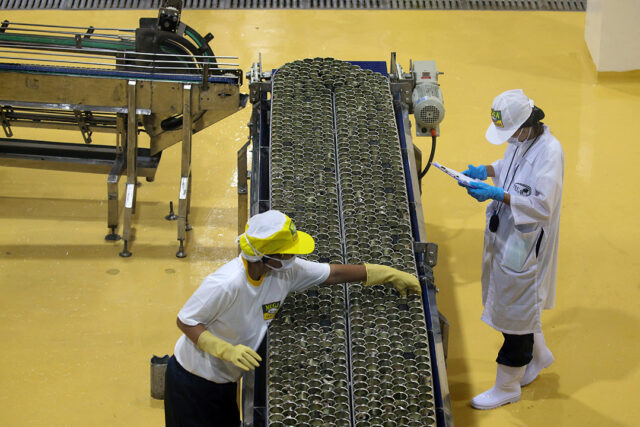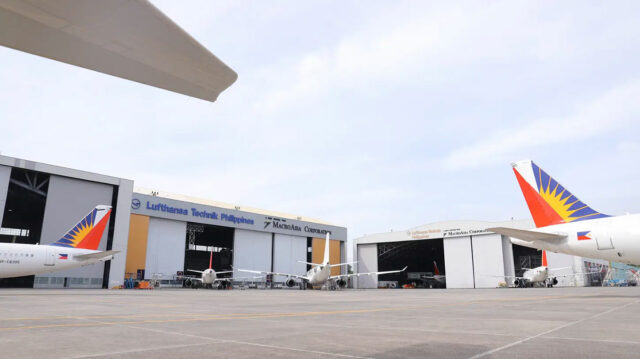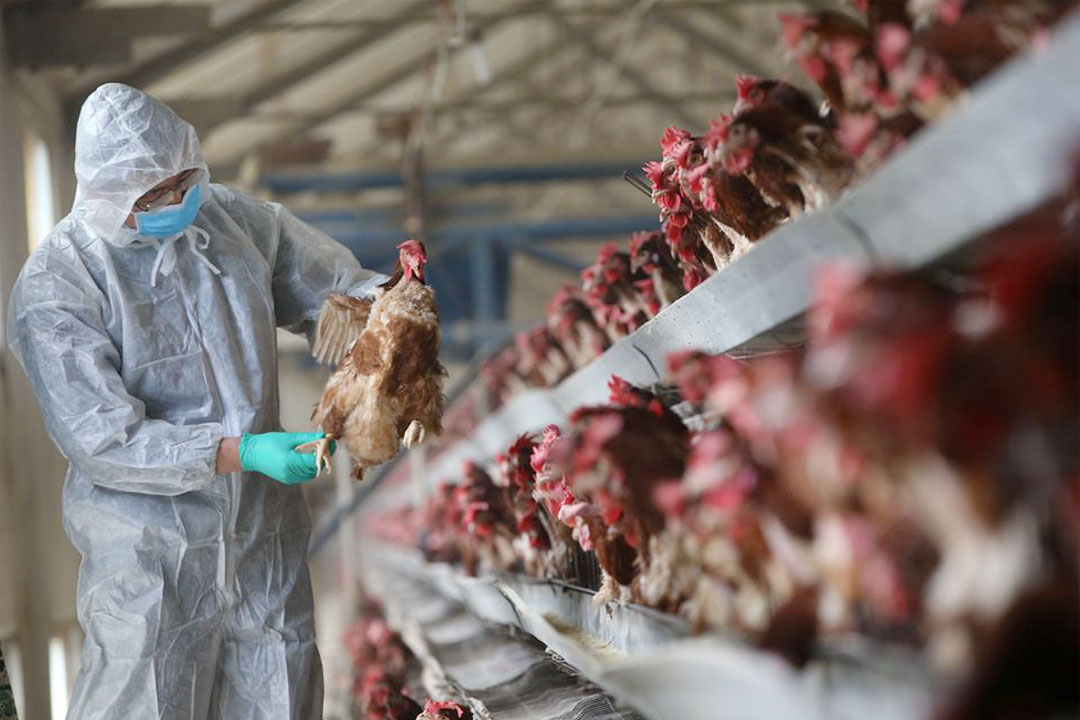By Kyle Aristophere T. Atienza, Reporter
THE first full Cabinet meeting of the year tackled the 16 flagship infrastructure projects that need the government’s immediate attention, with the goal of achieving at least partial operations before the government steps down in 2028, Transportation Secretary Jaime J. Bautista said.
Speaking at a Palace briefing on Tuesday, Mr. Bautista said the Cabinet also discussed the implementation of the 2025 budget.
The 16 flagship projects include the North-South Commuter Railway, the Metro Manila Subway Project, the Metro Rail Transit (MRT) Line 4, MRT Line 7, Light Rail Transit Line 1 Extension, the New Cebu International Container Port, the Philippine National Railways South Long Haul, Mindanao Railway, and the New Dumaguete Airport.
Mr. Bautista said President Ferdinand R. Marcos, Jr. is focusing on rail projects, especially the proposed North-South Commuter Railway, a 147-kilometer line connecting Clark Airport to Calamba, Laguna.
“It started during the previous administration, we are now working to complete this so that we can have partial operations by the end of 2028,” Mr. Bautista said.
He said the Department of Transportation (DoTr) is currently handling 69 flagship infrastructure projects out of the 186 that were approved by the National Economic and Development Authority Board, which is headed by the President.
“Out of these 69, there are major projects that need to be implemented as soon as possible,” he said.
Mr. Bautista said cuts in the DoTr’s budget for 2025 will not affect priority projects, noting that the reductions only affected the foreign-assisted projects.
“We should be able to fund these from the loan proceeds,” he said. “We’re happy that the government’s share of most of our infrastructure projects was not reduced so we will continue to implement these programs.”
Mr. Bautista said the DoTr can still avail of the loans to fund major projects like the Metro Manila Subway and the North-South Commuter Railway.
“We can still draw on the loans. We just need support from the Department of Budget and Management,” he said. “We have also discussed this with our development partners, and they will continue to provide the loans to the DoTr.”
Mr. Marcos on Dec. 30 signed into law the P6.326-trillion national budget for 2025 but vetoed more than P194 billion worth of line items that he said were inconsistent with his administration’s priorities.
In a statement after the Cabinet meeting on Tuesday, the Presidential Communications Office (PCO) said Mr. Marcos “wants government agencies to reexamine the administration’s programs contained in the National Expenditure Program (NEP) but were defunded by Congress.”
“We have to reexamine so that the programs that we wanted — that we put in the NEP — can somehow be restored,” Mr. Marcos was quoted as saying.
“For the rest of the departments, I need you to give me the priorities — the things that we prioritized in the NEP that were removed in terms of budgeting, in terms of appropriations,” the President added.
The PCO said the President would like to “sit down with each department to ensure the government’s actual expenditure program will resemble the NEP.”
Among the items that the President wanted to look into were the P12 billion decrease in the budget for the maintenance of roads, the P500 million reduction in the funding for routine maintenance of bridges, and the P21-billion budget cut for feasibility studies, the PCO added.
Meanwhile, Executive Secretary Lucas P. Bersamin reiterated at the same briefing that the inclusion of funding for the military and police academies in the education budget was compliant with the Constitution.
He said the inclusion of the Philippine National Police Academy and Philippine Military Academy funding in the education budget requires a look at the issue “with a broader understanding.”
“If before the treatment was that the budget for education was only that allocated to DepEd (Department of Education), that was the wisdom at that time,” he said.
He said the vetoed items in the budget of the Department of Public Works and Highways, which was allocated P1.01 trillion, caused the education sector to obtain the biggest share of the budget, as required by the Constitution.
Mr. Bersamin said the full Cabinet meeting — the 18th under the Marcos administration was “not able to tackle all the scheduled items because of lack of time… But we can assure you that whatever was discussed, we discussed it with thoroughness.”













